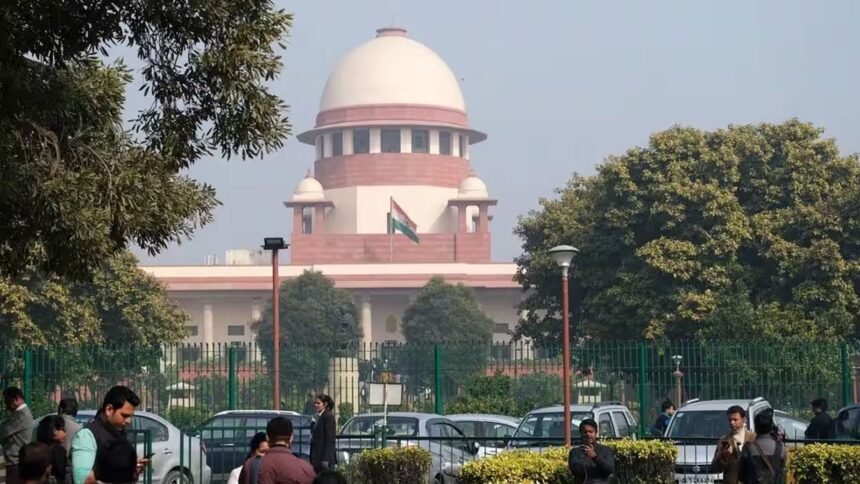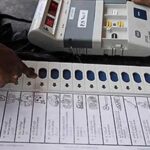Underlining the right to fair trial, the Supreme Court held Wednesday that those accused in cases under the Prevention of Money Laundering Act (PMLA) are entitled to a copy of even those documents which may not have been relied upon by the prosecution to establish its case against them.
The apex court was hearing an appeal against a High Court decision which held that in PMLA cases, the prosecution needs to supply to the accused only those documents that it proposed to rely upon.
“It is held that a copy of the list of statements, documents, material objects and exhibits that are not relied upon by the investigating officer must also be furnished to the accused,” said a bench of Justices Abhay S Oka, Ahsanuddin Amanullah, and Augustine George Masih.
The court said this “is to ensure that the accused has knowledge of the documents, objects etc, in the custody of the investigating officer, which are not relied upon by them, so that at the appropriate stage, accused can apply by invoking Section 91 CrPC (Section 94 BNSS) for providing copies of the documents which are not relied upon.”
The bench said that “a fair trial is a part of the right guaranteed under Article 21 of the Constitution” and accused’s “the right to have a fair trial…includes the right to defend.” The court said that “the right to defend consists (of) the right to lead defence evidence by producing documents and examining witnesses.”
The accused can exercise this right at the stage of entering defence “by compelling the prosecution or a third party to produce a document or thing in their possession or custody,” the court stated, adding that it can decline the request “only on the limited ground under Section 232(3) CrPC.” Under this provision, such a request can be declined only if it is deemed frivolous or made for vexation, delay, or to obstruct justice.
The Supreme Court said that once the trial court takes cognisance of the prosecution complaint, it must direct that the accused be provided with: statements of the complainant and witnesses, if any, recorded by the Special Judge before taking cognisance; and documents including statements under section 50 of the PMLA produced before the special court.
The accused must also be provided with the documents produced subsequently by the ED till the date of taking cognisance; copies of the supplementary complaints; documents, if any, produced in the supplementary complaints, prosecution complaint; and documents not relied on, the court stated.








